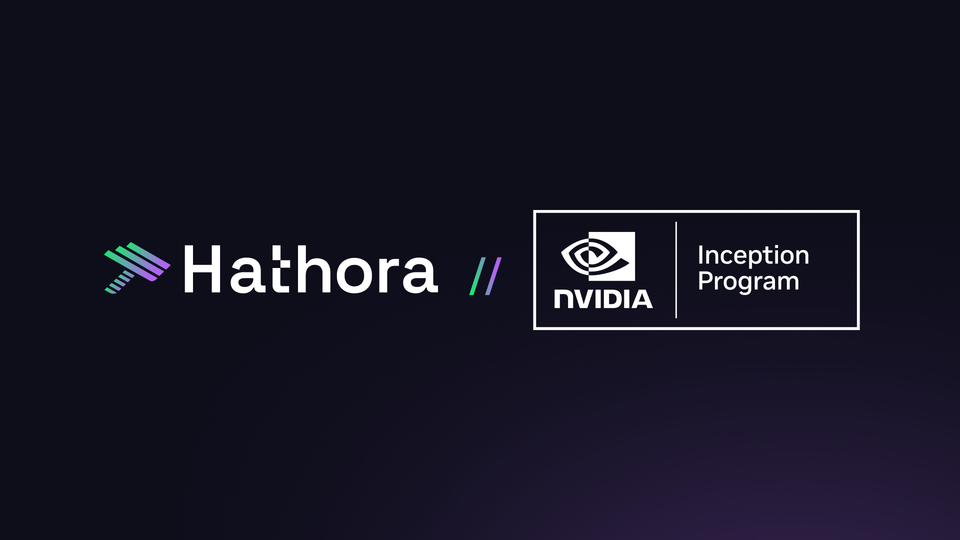Why is Game Server Security Important
In the world of online gaming, server security is essential to protect players. Game servers hold sensitive data, including user information, in-game assets, and progress, making them prime targets for hackers. A security or data breach can lead to data theft and disrupt gameplay.
What is a Game Server?
A game server is a computer that acts as a central hub to define the current state of a multiplayer game. Players send the server updates about what they’re doing in-game like running or jumping. The server translates those inputs and returns the information back to the players.
Why Should You Regularly Back Up Your Game Server?
Regular backups are extremely important when it comes to game server security. They ensure that data loss because of hardware failures, cyber-attacks, or other unforeseen events does not disrupt the gaming experience. With games like Minecraft, where player progress and in-game assets are significant, the loss of data can have a devastating impact.
What Are Some Common Attacks Against Gaming Servers?
The types of attacks and malicious attacks that you’re going to face when on a game server do not change on a game-to-game basis. There might be a slight preference for games with valuable in-game assets to be targeted with phishing scams. However, there are five primary means of attack against gaming servers, regardless of the game you’re playing or hosting:
DDoS
DDoS or Distributed Denial of Service, is the most common method of attacking a gaming server. Hackers use scripts or bots to send a massive amount of illegitimate requests to the target server in quick succession. This will cause the server to slow down massively as it tries to process these requests one by one. Although DDoS attacks are typically directed against the server, they can also be used to target a player directly in order to disrupt their connection and increase their latency, giving the attacker a competitive edge.
Scripting
With scripting, hackers use scripted bots or software that enables the user to gain an unfair advantage over other players. This advantage, of course, varies from game to game. For example, in Counter-Strike, it’s usually an auto-aim bot that will allow the player to easily kill other players. These players are automatically banned by sophisticated official servers, which often have strong and efficient anti-cheat systems. However, moderators or the administrator must manually identify and ban these players from self-hosted or third-party servers.
Malware
Hackers get more and more sophisticated in how they choose to attack a server. Malware is used more in games like Minecraft. The malware is forcefully placed into the server’s running script. This method is incredibly hard to pull off, and the results are perhaps the most spectacular. The hacker can use the malware to corrupt in-game objects in a way that interacting with them by other players triggers the download of the target malware, which will then be used to hold their data and computer ransom.
Phishing
The attacker does not utilize phishing directly in the game. Phishing is the practice of sending emails with an intriguing subject, such as gaming. These spam emails are then sent to thousands of unsuspecting people who find the subject line and offer fascinating. Your own server is not necessary for this strategy to work. Phishing techniques do, however, use scripts to identify potential victims. Therefore, receiving such emails is not out of the question if you are operating a server.
Tips to Make Your Gaming Server Safe
Keeping your data and gaming server safe should be your number one priority. So, to make sure you do everything to keep it safe, you can follow these tips:
Get a Good Firewall
If you’re going through the trouble of building your own gaming server from the ground up, not getting a decent firewall on the server is putting your server and data at risk. Good server firewalls go a long way in securing your server and repelling most hackers who turn the other way as soon as they see it on your server.
Enable Two Factor Authentication
Countless users risk their server’s existence by not having two-factor authentication enabled. Phishing schemes and malware attacks go directly for your private info, including your login credentials and two-factor authentication can repel any hacker from logging into your admin account. There are even multi-factor authentication methods that go a step beyond and essentially make breaching your personal accounts nearly impossible.
Block Unwanted Ports
You can manage this feature both manually on your own self-hosted server as well as on the control panel of any third-party provider that you may be using. While there’s usually a whole secretion dedicated on third-party platforms to ports where you can manage them, doing so on your own personal server proves difficult.
Block VPN Joins
While Virtual Private Networks have become an integral tool for user safety, these same utilities can easily be used for malicious means by hackers. These days, it is uncommon to come across a hacker or online troll who is not secured by a VPN connection. Fortunately, firewalls and scripts can identify the majority of proxy or VPN connections. For added security, you might decide to prevent any user from connecting using a VPN.




